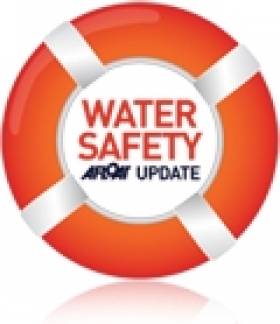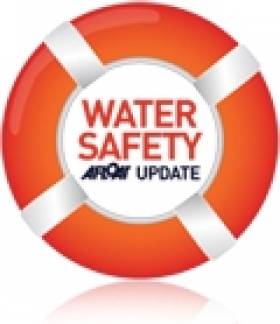Displaying items by tag: Jetskis
New Regulations to Rein In Jetskis
Green TD and Enviroment minister John Gormley made regulations to regulate the use of jetskis and personal watercraft where they have the potential to affect protected species.
The new regulations address a 2007 European Court finding that Ireland had not dealt with the problem of the damage by such unrestricted recreational activities. Ireland is facing fines from the European Court unless it deals properly with this problem.
According to the Department of the Environment, Heritage and Local Government, there is a risk that jetskis can lead to the swamping of the nests of water birds by power boats and jet skis.
The Regulations give the Minister power to restrict or to prohibit particular recreational activities in specified places where the protection of the nature sites or species requires. Public notice will be given of these restrictions. The Minister will also have power to prepare threat response plans to address threats to sites and species posed by recreational and other activities.
New Regulations to Rein In Jetskis
Green TD and Enviroment minister John Gormley made regulations to regulate the use of jetskis and personal watercraft where they have the potential to affect protected species.
The new regulations address a 2007 European Court finding that Ireland had not dealt with the problem of the damage by such unrestricted recreational activities. Ireland is facing fines from the European Court unless it deals properly with this problem.
According to the Department of the Environment, Heritage and Local Government, there is a risk that jetskis can lead to the swamping of the nests of water birds by power boats and jet skis.
The Regulations give the Minister power to restrict or to prohibit particular recreational activities in specified places where the protection of the nature sites or species requires. Public notice will be given of these restrictions. The Minister will also have power to prepare threat response plans to address threats to sites and species posed by recreational and other activities.

























































